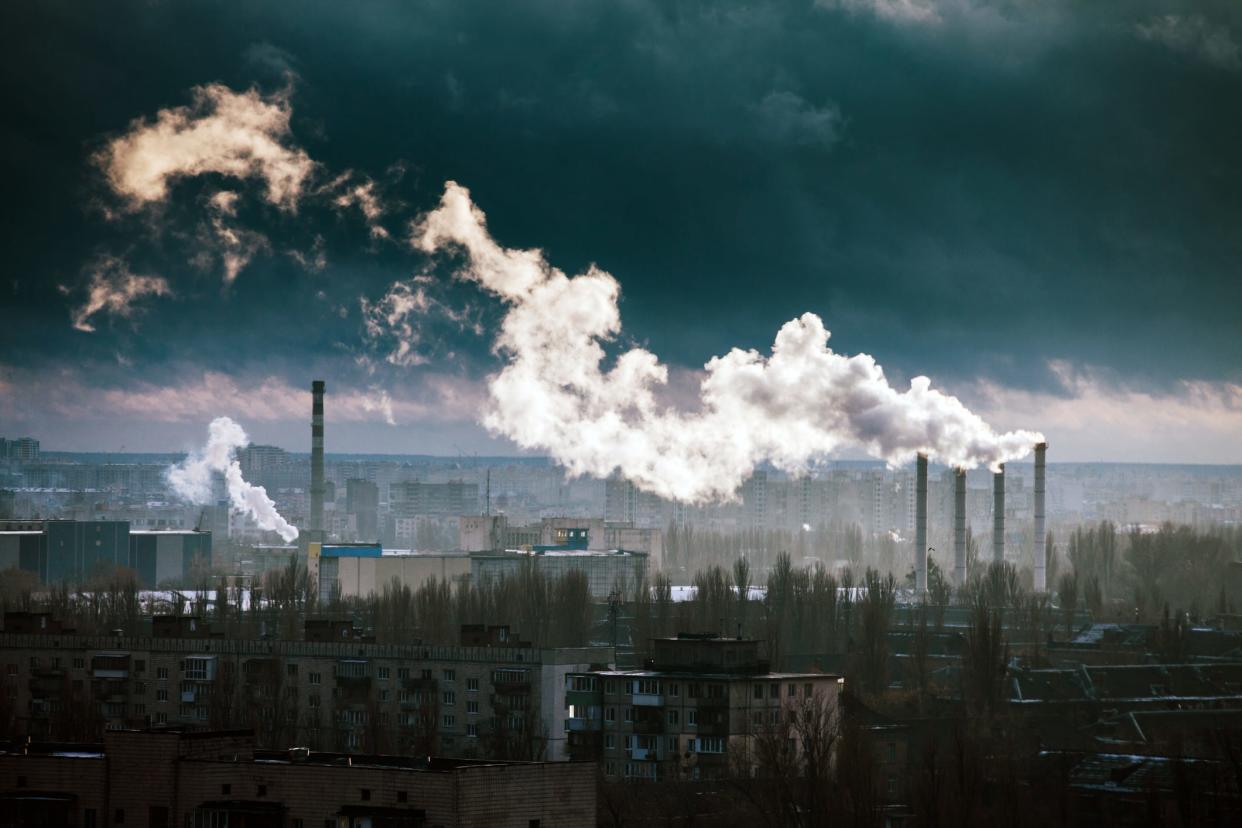Russia's gas cuts are forcing Germany to turn to coal to generate power. Here's why the switch won't be so easy for other European countries.

Much of Europe will face a tougher time shifting from gas to coal as Russia throttles supply.
Germany is the outlier given that many of its coal-fired power plants were not permanently shutdown.
A tight global coal market also makes much of Europe's transition from gas more challenging.
A European energy crisis, triggered by gas cuts from Russia, is forcing Germany to switch to coal to secure enough energy ahead of wintertime.
According to Rystad Energy, the country has increased its coal-fired power generation the most this year, by 18.2% compared to other European countries, highlighting an accelerated shift to an alternative source of fuel as energy supplies get squeezed.
Austria, the Netherlands and Italy are also eyeing the use of coal again, but the transition may not be easy for other European countries compared to Germany.
"Most countries have limited options to switch from gas to coal in generation, since large amounts of coal-fired power plants have been retired in recent years," Rystad Energy said in a note seen by Insider.
Austria, for instance, shut down its last coal-fueled power plant in 2020 as part of a plan to slash the use of carbon-intensive fossil fuels.
But while Germany shut down many coal plants in recent years and planned to close all of them by 2030 as part of a decarbonisation push, it still has coal plant fleets that can be revived again.
"Some of them are in reserve so they're not completely decommissioned or shut down completely and therefore, it will be possible to open [the plants] at relatively short notice," Rystad Energy analyst Fabian Rønningen said.
German utility giant Uniper, for example, recently announced it will temporarily fire up a mothballed coal-fueled power plant to produce electricity probably until the end of April 2023 in response to crunched gas flows to the country, as Russia retaliates to Western sanctions imposed after it invaded Ukraine.
To that effect, Germany is on track to have coal power plants with a total capacity of 35 about gigawatts online by the end of the year, according to Rystad Energy data viewed by Insider.
There are still some obstacles Germany faces. That's illustrated by low water levels in the River Rhine, one of the most important rivers in Europe used to transport goods like coal, chemicals and grains. It's dropped on record-breaking summer heatwaves and has subsequently sparked fear among the German government of a potential coal shortage due to reduced domestic shipping along the river.
Meanwhile, the global coal market also remains very tight, making it harder for other countries to transition to coal, Rystad said. And in July, the International Energy Agency warned that squeezed energy imports from Russia mean the global thermal coal market is anticipated to remain "extremely tight" in the third and fourth quarters of this year.
"We see a very tough winter ahead. Q4-22 and Q1-23 will be difficult and Europe would likely be in the need of all other alternatives they can get their hands on heading into this storm," SEB Group analyst Ole Hvalbye told Insider.
Read the original article on Business Insider

